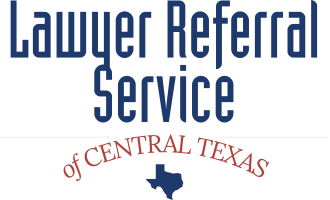To be successful, Texas entrepreneurs need to be mindful of early-stage issues that may have a significant impact on your business’ future.
- Choose the Right Business Structure:
Texas entrepreneurs have several options when it comes to choosing a business structure. Some of the most common business structures include sole proprietorship, partnership, limited liability company (LLC), and corporation. Each structure has its own advantages and disadvantages, and it’s essential to choose the one that best suits your business needs. - Obtain Necessary Permits and Licenses:
Depending on the type of business you’re starting, you may need to obtain specific permits and licenses from the state and local government. It’s crucial to research the requirements for your particular business and ensure that you have all the necessary permits and licenses before you begin operations. - Protect Your Intellectual Property:
As an entrepreneur, you should be aware of the importance of protecting your intellectual property, such as trademarks, copyrights, and patents. Registering your intellectual property can prevent others from using your ideas or creations without your permission. - Comply with Employment Laws:
If you plan to hire employees, you’ll need to comply with various employment laws, including minimum wage and overtime requirements, anti-discrimination laws, and workplace safety regulations. It’s essential to familiarize yourself with these laws to avoid potential legal issues. - Seek Legal Advice:
Finally, it’s always a good idea to consult with a qualified business attorney for legal advice on specific issues that arise in the course of running your business. An attorney can help you navigate the complex legal landscape and ensure that your business is in compliance with all applicable laws and regulations.
Need Legal Advice or Representation?
If you’re starting a business in Texas and want the guidance or representation of a qualified business lawyer, contact us at (866) 303-8303 or get a referral 24/7.




